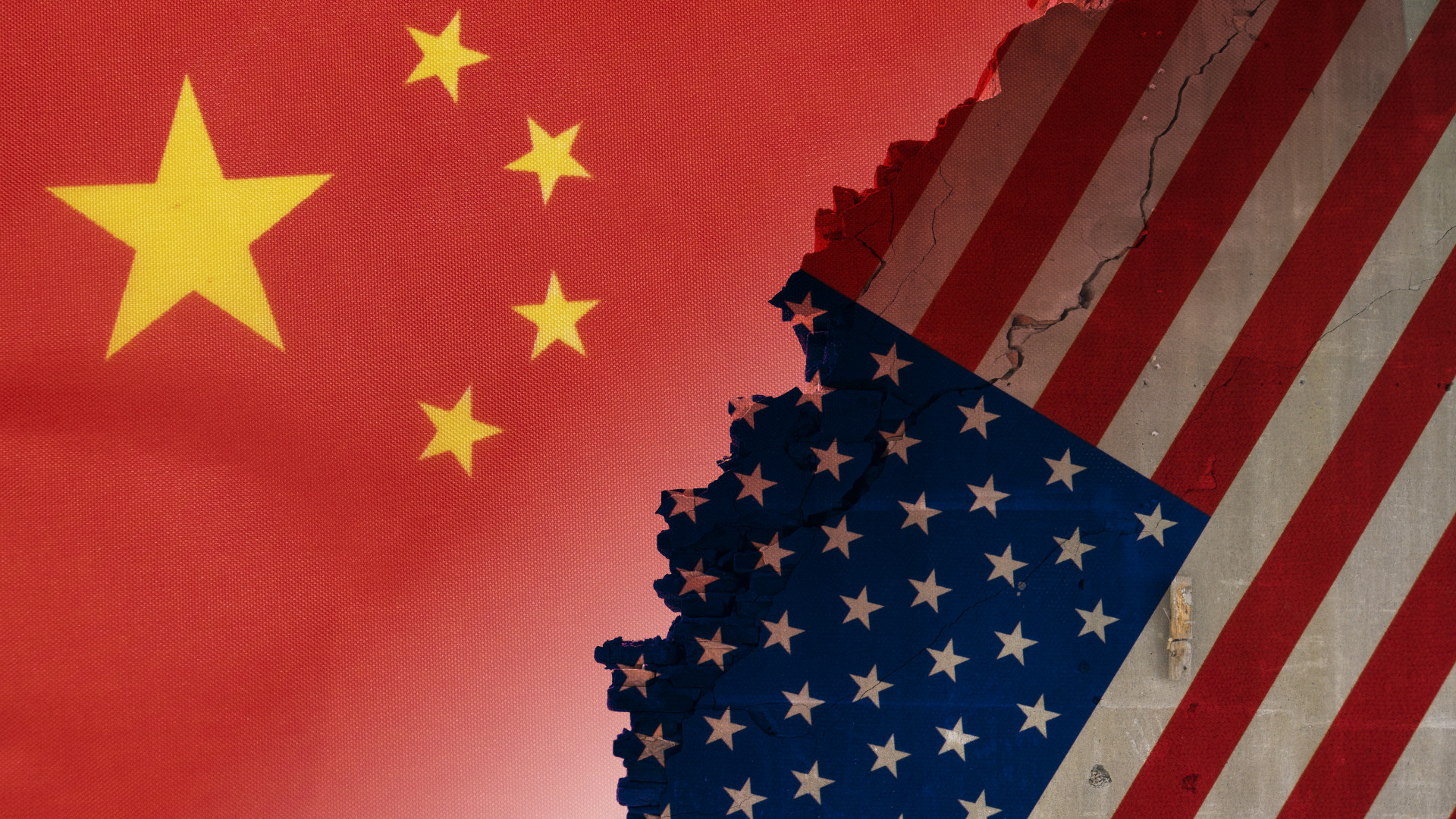Zhang gave a video link to the National Committee on US-China Relations in New York Tuesday morning, Beijing time.
In his speech, China’s chief foreign official stressed that it is up to the two countries to return their relations to the expected and future development path. He said China is ready to work with the United States to continue developing relations in a conflict-free, non-confrontational, mutually respectful and mutually beneficial manner.
He stressed: Nothing can impede the development of China, yet the country is open to US commercial investment. Jang expressed his hope that the United States would be able to overcome the great-power competition that was a “zero-sum game.” He added that China has absolutely no intention of questioning or occupying the role of the United States in the world.
Referring to a condition of US-China relations that Beijing has treated as a cornerstone, Zhang stressed that the United States should strictly abide by the one-China principle and stop interfering with China’s sovereignty and territorial integrity. Referring to sensitive issues such as Taiwan, Hong Kong or the South China Sea, the top Chinese diplomat warned that violating China’s “borders” would undermine relations between the United States and China as well as American interests. He pointed out that: China never interferes in the internal affairs of the United States, citing the US presidential elections as an example.
China had previously welcomed Biden’s abrogation of former US President Donald Trump’s decree requiring the United States to withdraw from the World Health Organization. On Tuesday, Zhang said that Beijing is ready to negotiate with Washington on developing a global public health system.
Referring to the sanctions the Trump government has imposed on Chinese companies, the Chinese diplomat said the concept of national security should not be misused in trade.
Under Donald Trump’s presidency, relations between the United States and China have been increasingly strained due to, among other things, bilateral trade, management of the coronavirus epidemic, Hong Kong’s autonomy, Taiwan’s status, and human rights issues.
Although observers expect some easing of tensions after the change of president, the Biden-led government has not significantly altered Washington’s stance on some issues. For example, US Secretary of State Anthony Blinken, in an interview with US news television NBC on Monday, strongly criticized the measures taken by China in Hong Kong and accused Beijing of a lack of transparency regarding the Coronavirus epidemic.












































